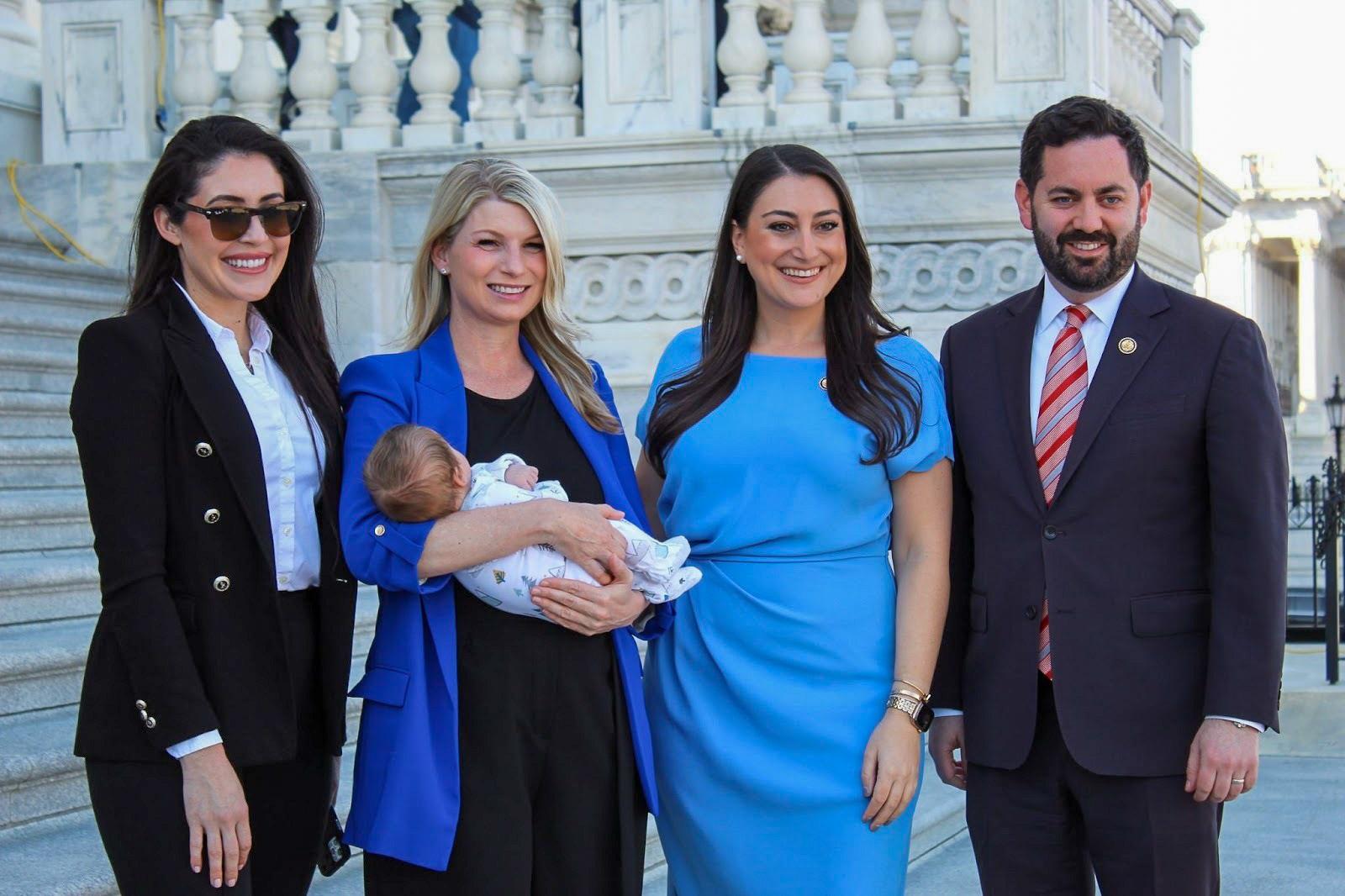After President Trump tweeted that the U.S. military would no longer “allow or accept” transgender people to serve, troops on the ground were left with uncertainty. Military leaders say the policy won’t change until top Pentagon officials figure out how to implement it.
Emma Shinn is a 41-year-old Coloradan and veteran. She served in the Marine Corps for 20 years before retiring in 2014. When she served there was a ban on transgender people. Last year, she transitioned.
Interview Highlights
On what her transgender active duty friends are telling her in the wake of Trump’s statement:
Shinn: The predominant feeling initially was fear, not being able to have a firm grasp on what tomorrow was going to look like, what the next month is going to look like and whether they have a career. That uncertainty bled into sadness and disappointment. That eventually morphed into being very resolute and determined to make sure the public and their command know they are the same service man or woman [they were] the day before, and they’re going to do their job to the utmost of their ability.
On potential positives from the ban:
Shinn: Engaging in those conversations and sharing the fact that we are just like every other American is going to have long-term positive benefits, not just for the trans community, but for our nation because America is built on a very rich diversity.
On whether she would have transitioned earlier had the military allowed it:
Shinn: I don’t know. We can play the speculation game all day long. I did come out as queer post the repeal of Don’t Ask, Don’t Tell because I thought it was important for our leaders and our officers to lead by example. Marines lead by example. So I would like to think I would have transitioned.
Capitol Coverage is a collaborative public policy reporting project, providing news and analysis to communities across Colorado for more than a decade. Fifteen public radio stations participate in Capitol Coverage from throughout Colorado.
Copyright 2017 KUNC. To see more, visit KUNC.








